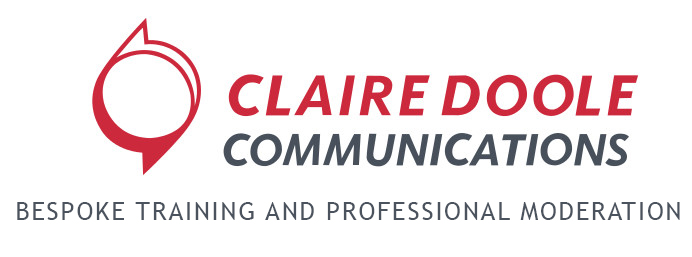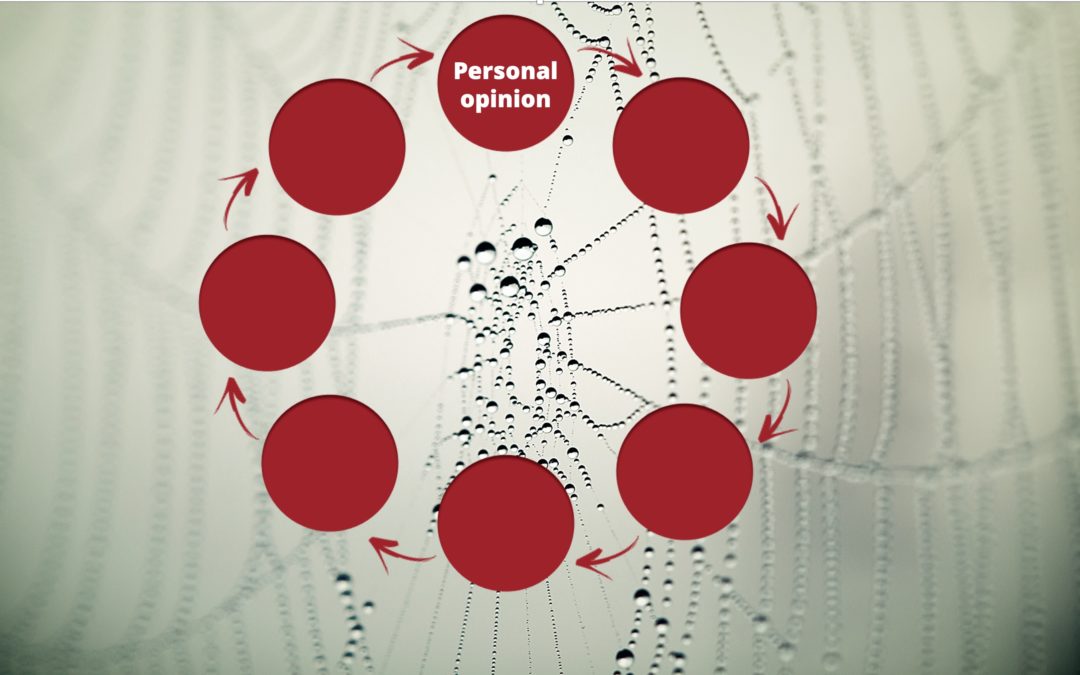Journalists like to probe during an interview and often ask you a question about what you would personally do or what you think. Depending on how you answer, you can find yourself caught in a spider’s web that is difficult to escape.
In this blog, I will share an experience and give you some tips on how to answer this type of question.
As head of media at WWF International, I attended a press conference in London organised by WWF UK to launch a report on an oil spill off the coast of Spain. A journalist from the Guardian asked the speaker from WWF UK – would you eat the fish? He replied; I would not eat the fish. The speaker from WWF Spain and the report’s author replied that the fish was safe to eat.
This scenario is a public relations nightmare – two people from the same organisation contradicting each other during a press conference. I was not moderating but sitting in the audience observing, so powerless to act. Afterwards, I went up to the journalists to attempt some damage limitation. How will you spin your way out of that one? The BBC environment correspondent asked. I am not, I replied, but I suggest you talk further with the author of the report.
The problem was that the Spanish speaker had been great as a spokesperson when the oil spill hit the coast but struggled to convey the main points of the report in English. The journalist from the Guardian had become frustrated and asked the classic tricky question. The problem was the speaker from the UK had not thoroughly read the report and thought that if he added the word “personally”, his answer would be satisfactory.
Unfortunately, that is not the case.
The headline in the Guardian the next day was that the fish were not safe to eat, making the work of WWF Spain with the fishers even more challenging. It is safe to say that we all learnt lessons from that press conference!
If you speak as a representative of an organisation, your opinion has to be the same. Journalists often ask this question when they sense that your personal opinion may differ from the “party line”.
It is, in my view, fair game to ask policymakers, decision-makers and regulators, for example, during the pandemic, if they are vaccinated or would vaccinate their children.
Strangely, it can be more difficult to answer on behalf of a close relative. A few weeks ago, an investigation from the police watchdog criticised the London Metropolitan force for misogyny, racism, bullying and sexual harassment. Have a listen to this on BBC radio.
The presenter asks the spokesperson for the police watchdog if he would feel comfortable if any of his female relatives relied on the Met if they were vulnerable in any way. It is often a question that comes near the end of an interview, in this case it is at 05.52
You will note that he doesn’t answer directly but uses the question to drive home his message about the need to call out such behaviour when it occurs.
The personal question is a trap only if you let yourself fall into it. It can work in your favour and that of the journalist, providing them with good quotes and soundbites. And, if you proactively include a personal example or story in your answer, it can build credibility help to understand and bring your point to life. Just make sure, though, that the personal is always on your terms!

